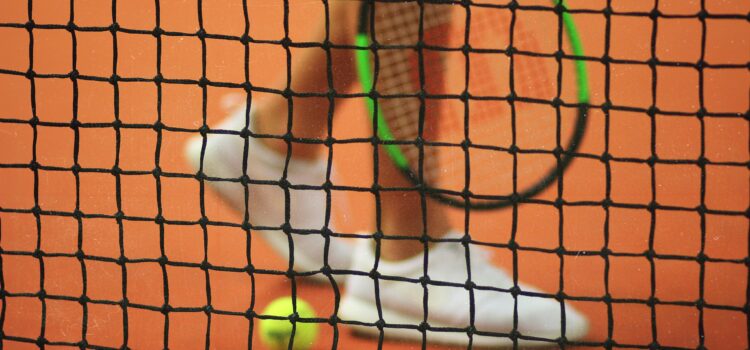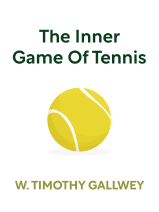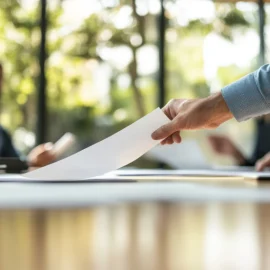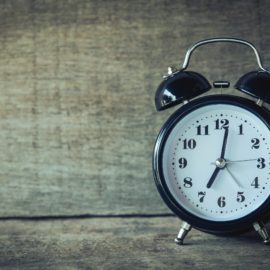

This article is an excerpt from the Shortform book guide to "The Inner Game of Tennis" by W. Timothy Gallwey. Shortform has the world's best summaries and analyses of books you should be reading.
Like this article? Sign up for a free trial here .
What is relaxed concentration? How can it improve your game?
Relaxed concentration is the idea that you can have focus without trying too hard, or psyching yourself out. When you’re using relaxed concentration, it’s important not to be judgmental.
Read more about relaxed concentration and what it means in tennis.
Relaxed Concentration: How Much Relaxing Is Too Much?
If this problem is related to trying too hard, and the answer is to relax, how far should we go? How much “trying” is enough? The answer is that there is a significant difference between “trying hard” and physical effort. We can think of “trying hard” as Self 1 castigating Self 2, while “effort” is the physical exertion it takes to do well. Think about the following example of Joan hitting a forehand:
Example of relaxed concentration: Joan’s Forehand
Joan comes in for a tennis lesson complaining that she is constantly hitting the ball on the frame rather than nicely on the strings. Her eyesight is fine and she appears to be limber enough. But when her coach serves her 10 forehands, she hits eight on the frame.
Next, he asks her to try very hard to hit all 10 on the strings, expecting worse results. She actually manages to do a little better, hitting only 6/10 on the frame. After that, he asks her to try to hit balls on the frame. She hits 4/10 on the frame and takes this at first to mean that she can never do what she tells herself to. She says this in frustration, but it actually might be the key to improving her game.
Next, he asks her to focus on the seams of the ball and not on the frame or the center of the racket at all. She hits 9/10 well, only 1/10 on the frame.
Joan didn’t exert less actual physical effort, she just exerted herself in a more productive way. She trained her focus on the ball rather than on not screwing up.
Players who successfully master the Inner Game are good at three specific skills:
- First, figuring out their own desired outcome: You decide that you want to start hitting all of your shots deeper in the court.
- Second, trusting Self 2 and not interfering too much: You allow your body to do the work and develop the habits necessary to make your shots go deeper.
- Third, thinking about themselves “nonjudgmentally”—noticing what is happening without passing a value judgment on their performance: Even if you aren’t hitting all of your shots better right away, you don’t chastise yourself but you do recognize where your shots are going.
Each of these adds up to “relaxed concentration,” which is the Platonic ideal of a successful tennis player: fully in control and fully relaxed at the same time.

———End of Preview———
Like what you just read? Read the rest of the world's best book summary and analysis of W. Timothy Gallwey's "The Inner Game of Tennis" at Shortform .
Here's what you'll find in our full The Inner Game of Tennis summary :
- Why tennis is actually a mind game
- How to quiet the mind and concentrate intently
- Why your self-worth shouldn't be dependent on how you do in competition






